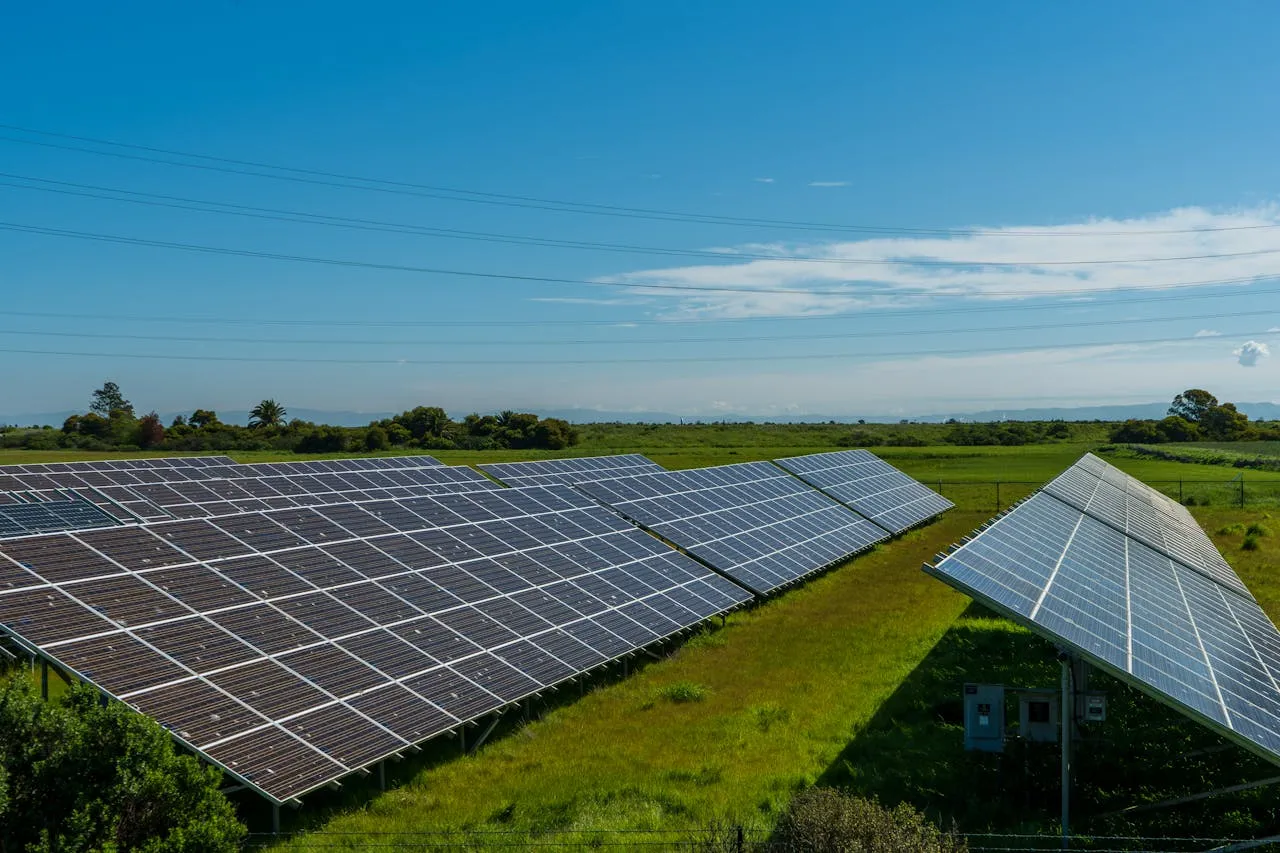
Spruce Power Enters Strategic Partnership with Hot Purple Energy to Unlock Solar Renewable Energy Credits (SRECs) in California
Spruce Power Holding Corporation, a leading owner and operator of distributed solar energy assets across the United States, has announced a significant new partnership that marks a strategic expansion of its clean energy initiatives. The company revealed the signing of a new servicing agreement under its Spruce Pro platform with Hot Purple Energy, a well-established solar installer specializing in both commercial and industrial (C&I) and residential markets in California. This collaboration aims to unlock and monetize the value of Solar Renewable Energy Credits (SRECs) within the state, tapping into an increasingly promising revenue stream.
This partnership reflects Spruce Power’s broader strategy to leverage its robust technology platform, regulatory expertise, and operational experience to deliver new value propositions for solar energy operators. The primary focus of the agreement is the monetization of SRECs generated by Hot Purple Energy’s solar projects throughout California. Spruce will handle the full registration process, ongoing compliance, and reporting requirements through the Western Renewable Energy Generation Information System (WREGIS), the governing body responsible for tracking renewable energy generation in the western U.S.
Monetizing Dormant SREC Value
SRECs represent a key financial incentive in renewable energy markets, particularly for solar power producers. These credits are issued for every megawatt-hour (MWh) of electricity generated from a certified solar energy system. Once issued, SRECs can be sold to utilities or other entities seeking to meet state-level renewable portfolio standards (RPS). In states where SREC markets are well established—such as New Jersey, Massachusetts, and Maryland—this has historically provided a meaningful stream of revenue for solar asset owners. California, however, has not traditionally been seen as a strong SREC market.
That’s now changing.
“Recent market changes in California have made registering SRECs financially rewarding for the first time, more closely aligning with mature SREC markets in certain states on the East Coast,” said Chris Hayes, Chief Executive Officer of Spruce Power. “We view scaling SREC registration in California as a low-cost, low-risk opportunity to generate high-margin, recurring cash flow for the Company.”
The evolving landscape in California presents a timely opportunity. For years, SRECs in California have been underutilized due to regulatory complexities and lack of infrastructure. However, emerging policy shifts and improved market mechanisms are now making it viable—and in some cases, essential—for solar operators to pursue these credits.

A Unique Advantage in a Developing Market
One of Spruce Power’s most notable advantages in this newly forming market is its ability to serve across California’s three largest utility service areas. According to Hayes, Spruce is among a very small group of companies that have successfully navigated the extensive approval processes required to register and monetize SRECs in all three territories—namely those managed by Pacific Gas and Electric (PG&E), Southern California Edison (SCE), and San Diego Gas & Electric (SDG&E).
This unique regulatory positioning gives Spruce a first-mover advantage and the ability to scale rapidly. By leveraging its proprietary systems and deep domain expertise, the company is positioned to assist both established and emerging solar operators in capturing financial value that was previously inaccessible or ignored.
“We are in active discussions for the rights to acquire SRECs from significant third-party installers as well as numerous mid-size and local companies that own residential and C&I solar sites in the state,” Hayes explained. “Our platform allows us to take on the complexities of registration, reporting, and trading so our partners can focus on what they do best—installing and operating solar systems.”
Partnering for Growth with Hot Purple Energy
The newly announced partnership with Hot Purple Energy underscores this strategic direction. Based in California, Hot Purple is known for its strong presence in solar system design, installation, and maintenance, with a customer base that includes both home and business owners. Through this agreement, Spruce will act as the designated servicer for SREC-related activities on behalf of Hot Purple’s solar portfolio.
The services offered by Spruce include initial registration with WREGIS, verification of energy production, monthly data reporting, and actual credit trading on the open market. By outsourcing these administrative and market-facing tasks to Spruce, Hot Purple can now access the benefits of the SREC market with minimal overhead or operational disruption.
“This partnership is a perfect example of how we’re helping solar businesses enhance their revenue without requiring capital investment,” said Hayes. “The ability to generate approximately seven years of consistent cash flow from each contract makes this an attractive and sustainable growth area for both parties involved.”
A Capital-Light, Scalable Revenue Model
One of the most compelling features of Spruce’s SREC servicing model is its capital-light nature. Unlike asset acquisitions, which require substantial up-front investment, SREC servicing agreements involve limited incremental cost. The infrastructure required to deliver these services is primarily digital and compliance-focused—areas where Spruce already has strong capabilities.
“Spruce has built an end-to-end platform capable of supporting not only our own portfolio but also third-party assets,” Hayes added. “The monetization of SRECs plays directly to our strengths in data management, regulatory compliance, and energy trading. It offers a pathway to expand revenue while conserving capital—precisely the kind of growth model we’re aiming to scale.”
Beyond financial benefits, there are broader implications for the renewable energy sector. As more developers recognize the latent value in SREC monetization, it could encourage further investment in solar technologies and infrastructure. It also adds an additional layer of financial security for smaller operators who may not have previously participated in credit markets.
Expanding the Spruce Pro Platform
The deal with Hot Purple Energy also aligns with the expansion of Spruce Pro, the company’s dedicated servicing division for third-party solar operators. Spruce Pro is designed to offer a suite of services, including operations and maintenance (O&M), asset management, and now SREC registration and trading. The goal is to become a comprehensive partner for solar companies seeking to improve operational efficiency and maximize asset value.
Spruce Pro has grown steadily over the past several years, as solar developers increasingly look to outsource non-core activities. The division leverages Spruce’s national footprint, centralized technology systems, and experienced team to provide scalable support for partners across the U.S.
The SREC initiative in California could serve as a blueprint for further expansion into other emerging or underserved credit markets. With climate policies and renewable energy targets becoming more ambitious across many U.S. states, demand for credit trading, compliance management, and revenue optimization is expected to increase.
With this new partnership in place, Spruce Power is poised to become a leading player in California’s evolving SREC market. The company’s strategy combines regulatory expertise, operational efficiency, and strong partner networks to capture value in a segment that has, until now, remained largely untapped.
The implications are substantial. As more solar developers and installers recognize the opportunity in monetizing SRECs, Spruce could see significant growth in its servicing revenues. The recurring nature of SREC contracts—typically generating revenue over a 7-year period—adds to the long-term visibility and stability of cash flows.
For Hot Purple Energy, the agreement provides a new revenue stream without added complexity or resource strain, making it an attractive value-add for its business model. For Spruce, it solidifies a new line of business that is capital-efficient, scalable, and fully aligned with the company’s mission to support clean energy adoption and sustainability.







